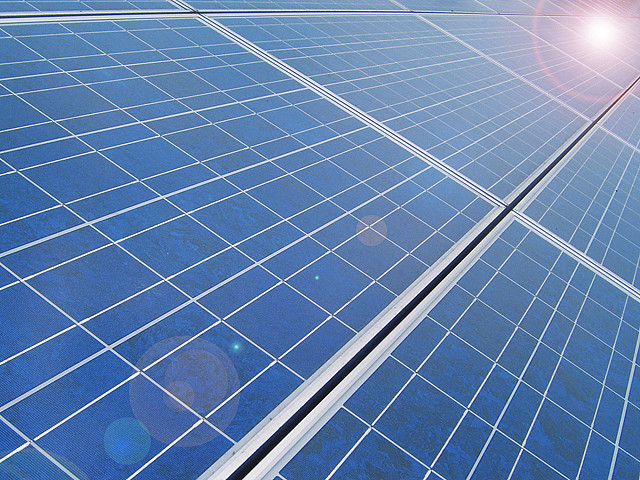
The Confederation of British Industry (CBI) has added to the growing number of bodies, associations and other third parties to call for the inclusion of mature technologies in future auctions.
Last week the Department for Business, Energy and Industrial Strategy (BEIS) released its Clean Growth Strategy (CGS), within which was confirmation that more than £500 million of funding had been set aside for a series of Contracts for Difference auctions.
The auctions, starting from spring 2019, will include less established technologies such as offshore wind and biomass, but also onshore wind on Scottish isles where the technology receives strong public support.
The decision means that solar PV is now the only mainstream renewable technology to be excluded from competing in the process, much to the ire of the Solar Trade Association which last week accused the government of artificially holding the technology back.
It also defied calls from numerous heavyweight renewables investment companies which addressed the government calling for solar to be granted access to such auctions, and the Energy Research Council which stressed the need for any competitive process to be technology neutral.
This was followed on Friday by the National Infrastructure Commission, established by former chancellor George Osborne to guide the UK’s infrastructure decisions, which called for technology neutral auctions that take advantage of the falling costs of low carbon technologies.
The CBI added to that growing chorus this morning within its submission to chancellor Philip Hammond ahead of next month’s Autumn Budget.
The association has said that the Treasury must provide clarity on energy policy to drive investment and paid specific mention to the CfD process.
The CBI said a clear and regular pipeline of auctions should be forthcoming – announced at least four years in advance to provide investment certainty – and insinuated that the government must at least consider a more agnostic approach to technology selection.
“Consideration should also be given to ensuring mature technologies have a route to market where there is local support,” the submission states.
It remains unclear however to what extent the government would be prepared to rethink its current opinion on competitive auctions. While the CGS document does leave the door open for a change in approach should Dieter Helm’s upcoming cost of energy review recommend doing so, a spokesperson for BEIS told Solar Power Portal it was right that the government was prioritising so-called 'Pot Two' technologies.
“The Clean Growth Strategy sets out how we are cutting emissions while keeping costs down for consumers, creating good jobs and growing the economy.
“We want to see more people investing in solar and, as costs continue to fall, we expect more subsidy-free deployment.
“No decisions have been taken on future Contracts for Difference allocation rounds for established technologies, and it is right that we focus support on those technologies where it is most needed,” the spokesperson added.

